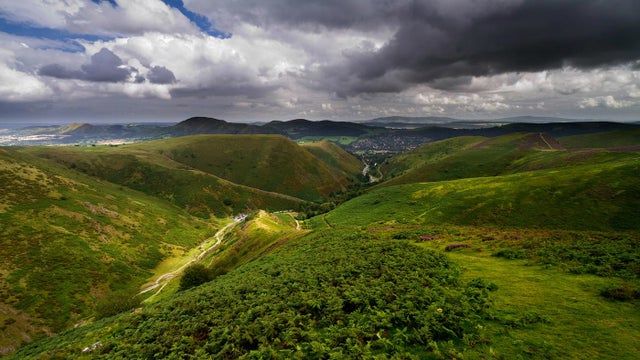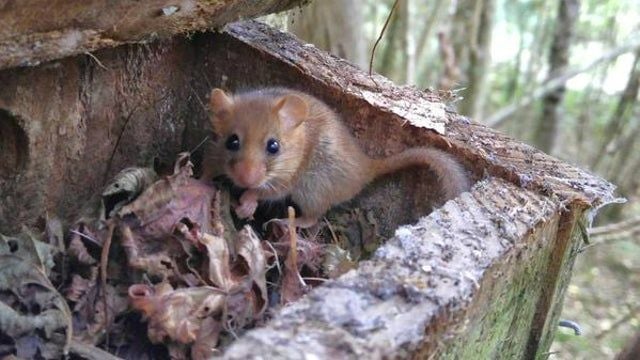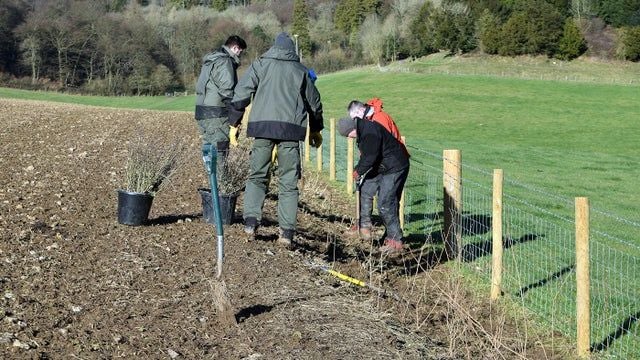Wildlife habitat planted for wildlife in Shropshire
Posted on
There’s good news from the Shropshire Hills.
National Trust volunteers have planted over 2,000 native trees there as part of a big conservation project.
Introducing the Stepping Stones project
Stepping Stones is a landscape-scale conservation project. It’s aiming to improve the area, restoring habitats and linking them together, thereby creating wildlife corridors.
Volunteers have planted wildlife-friendly saplings such as elder, holly, hawthorn and rowan. These trees will give nectar, berries and shelter for birds and other wildlife in the future and they will create a corridor that connects areas for wildlife.
Wildlife corridors are critical to wildlife
The idea of wildlife corridors is that wildlife can move through an area, because the corridors link up areas of habitat so they can get from A to B – almost like their own motorway network, or railway system.
This project is necessary because the area – like so many others – has lost many hedgerows and trees in fields. This is because of agricultural practices which have changed over time.
Patches of woodland have been cut off from each other – so species such as dormice get stuck in one area – they need hedgerows to move through an area. Less scrub and thicket have meant less breeding habitat for songbirds.
So planting long strips of native woodland – very wide hedgerows – have created new habitat which link up other areas.
This plan will help strengthen the network of woodland corridors
The ultimate idea is to strengthen the network of woodland habitat in the area. This really will help wildlife move about safely – they will have somewhere to nest and rest, too, and it will make the landscape look even more beautiful for us all to enjoy!
You can support the National Trust’s Stepping Stones appeal here.


